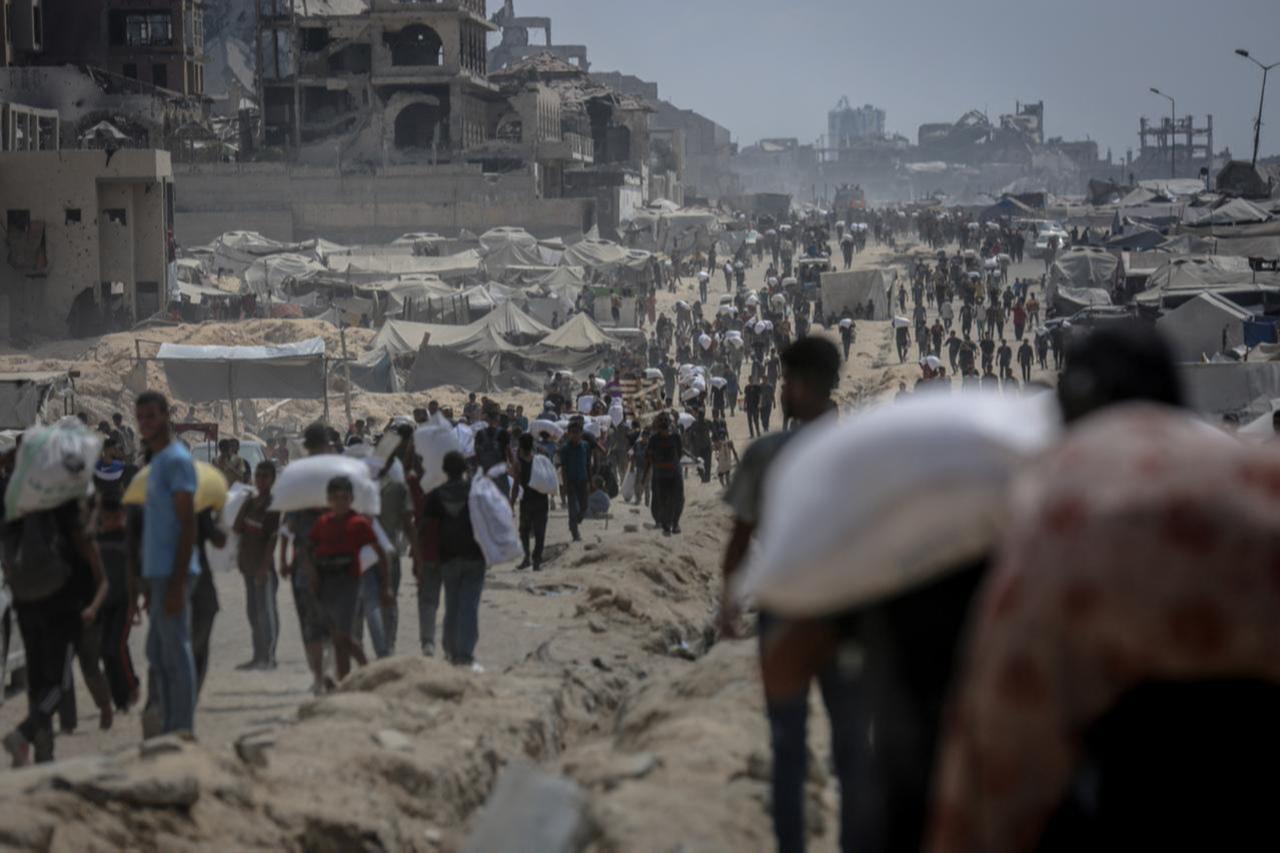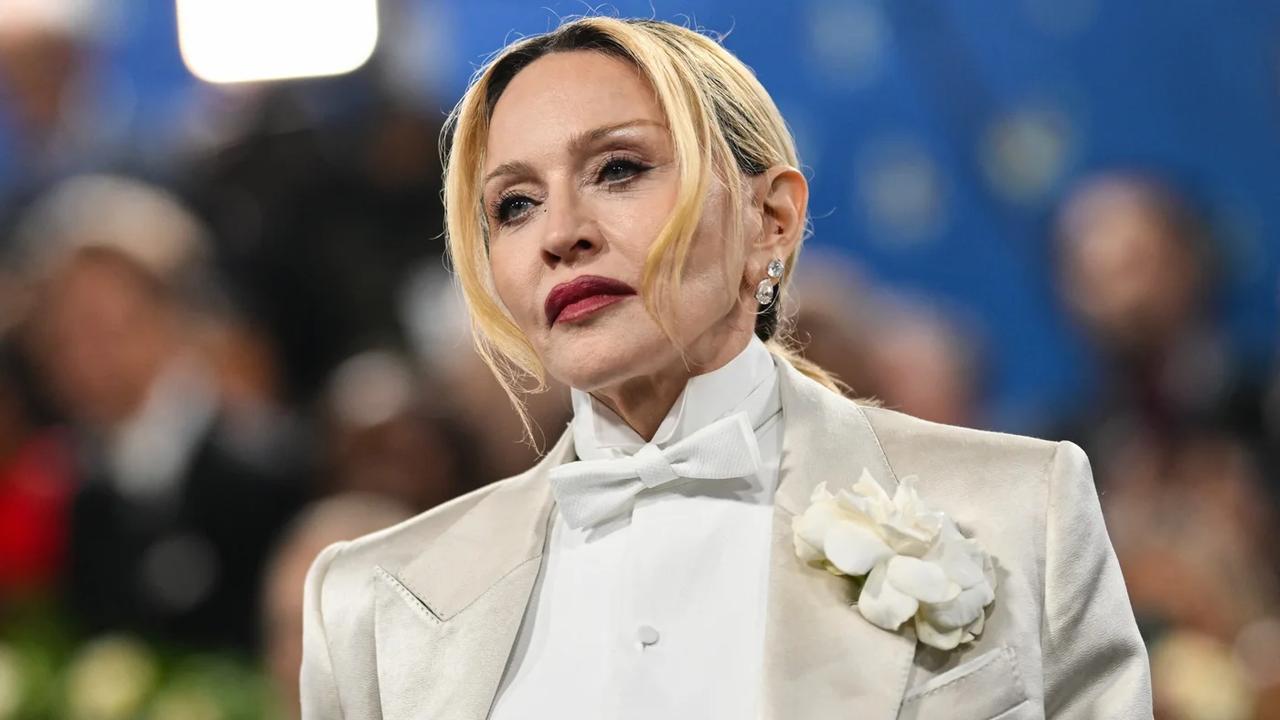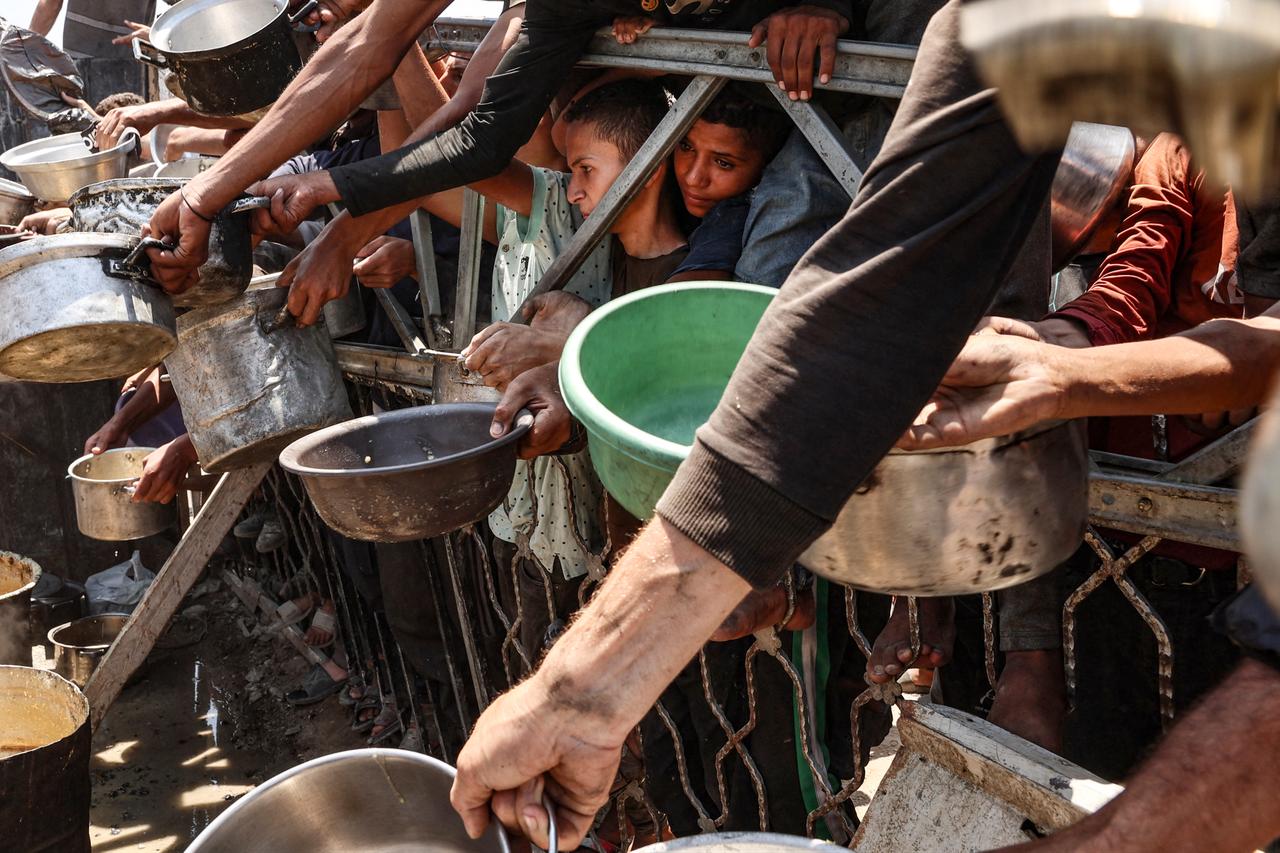
When Madonna took to Instagram earlier this week to plead with Pope Leo XIV to “go to Gaza and bring your light to the children before it’s too late,” it was a moment designed to stir hearts.
Framing her message as “the best gift” for her son Rocco’s birthday, she called for humanitarian gates to be opened so food and medical supplies could reach the besieged territory.
She spoke as a mother who “cannot bear to watch their suffering,” stressing she was “not pointing fingers” and that “everyone is suffering, including the mothers of the hostages.”
It was a message that resonated emotionally. She tagged humanitarian groups like World Central Kitchen and Women Wage Peace, who publicly thanked her for her “recognition and trust,” and drew millions of eyes to Gaza’s crisis.
At first glance, it was a simple act of moral clarity. But beneath that compassion lies a glaring omission: a refusal to identify the forces causing the starvation she mourns.
The humanitarian catastrophe in Gaza is not a tragic accident of war. It is the predictable outcome of siege, bombardment and systemic obstruction of aid.
According to the United Nations, Gaza has now crossed key famine thresholds: over 39% of the population experiences prolonged periods without food, acute malnutrition has spiked to unprecedented levels, and more than 5,000 children under five were treated for malnutrition in May alone.
Gaza’s health ministry reports that over 200 people, half of them children, have already died from hunger or related complications. U.N. officials have described the situation as “starvation, pure and simple,” with aid trucks bringing in less than 15% of what is needed.
In this context, Madonna’s refusal to “point fingers” feels less like diplomacy and more like avoidance. Neutrality, in the face of such a clearly documented and preventable famine, risks offering comfort to the powerful while doing little for the powerless.

Madonna’s Instagram post fits a familiar pattern of celebrity humanitarianism: speak in broad terms, focus on suffering without discussing its root causes, and avoid alienating any side. It is a formula that keeps public image intact but severely limits the potential for real-world impact.
The contrast with Pope Leo XIV’s own statements is striking. The Pope has condemned the “barbarity of war,” criticized collective punishment, and urged adherence to international humanitarian law. He has explicitly called for a cease-fire and for the protection of civilians and places of worship.
Madonna could have amplified this moral clarity and urged her audience to demand concrete action from governments. Instead, her post softened the language into a universal plea for compassion, steering clear of the political realities driving the crisis.
This reluctance stands out when compared to other artists who have addressed the war more directly. U2’s Bono, for example, condemned both Hamas’s attacks and the Israeli government’s siege, calling for the release of all hostages and immediate humanitarian access.
That is not an easy position to take publicly, but it matches the gravity of the crisis.
Some defenders argue that Madonna’s role is to raise awareness, not to take sides. But awareness without pressure rarely shifts political realities.
Gaza’s starvation crisis is not a matter of insufficient charity; it is the result of deliberate policy choices, from restrictions on border crossings to the destruction of agricultural systems and infrastructure. These are choices that can be reversed if enough political will is generated.
By avoiding specific criticism, Madonna’s message stays in the “safe zone” of emotional appeal. But safe zones do not save lives.
The Pope’s statements show that moral leadership is compatible with calling out the perpetrators of injustice.
The same is true of human rights organizations, which have long documented the connection between Gaza’s humanitarian crisis and the policies of siege and blockade.
Public reaction to Madonna’s post reflects this divide. On Reddit’s r/popheads, one commenter described her as “walking the tightrope of the ‘both-sides team,’ so she upsets the least amount of fans.” Others criticized the post for being “neutral” to the point of uselessness. These critiques highlight a growing frustration with celebrity activism that shies away from the hard truths.
Meanwhile, the suffering in Gaza continues to deepen. UNICEF warns that without a massive increase in aid, child deaths from malnutrition will rise sharply in the coming months. Aid agencies report that the majority of Gaza’s population is now entirely dependent on humanitarian relief, yet trucks are routinely blocked or delayed.
Hospitals lack basic medical supplies; many families are resorting to eating animal feed or foraging for grass. Two-year-old Ro’a Mashi, who died earlier this month from severe malnutrition, has become a symbol of this preventable tragedy.

Madonna’s platform is vast. Her words have the power to frame public conversation, mobilize donations, and pressure decision-makers. Yet by keeping her message vague, she reduces that potential impact to a momentary social media trend.
Madonna’s post will no doubt continue to circulate online, inspiring sympathy and perhaps increasing donations to the charities she highlighted.
But when the news cycle moves on, Gaza’s children will still be starving. In humanitarian crises driven by political decisions, silence about those decisions is not neutrality; it is complicity.
If Madonna truly wants her words to be “the best gift” for her son’s birthday, she could follow in the footsteps of leaders who name injustice and demand change.
That would mean calling for an immediate cease-fire, insisting on unrestricted humanitarian access, and holding those responsible for Gaza’s blockade to account.
Candles of compassion can offer light, but they cannot break blockades. What Gaza needs now is not just sympathy; it is sustained, public, and political pressure to end the siege and allow life to return.
Without that, even the most heartfelt celebrity appeals risk becoming another chapter in the long history of humanitarian gestures that make us feel better without making the world better.